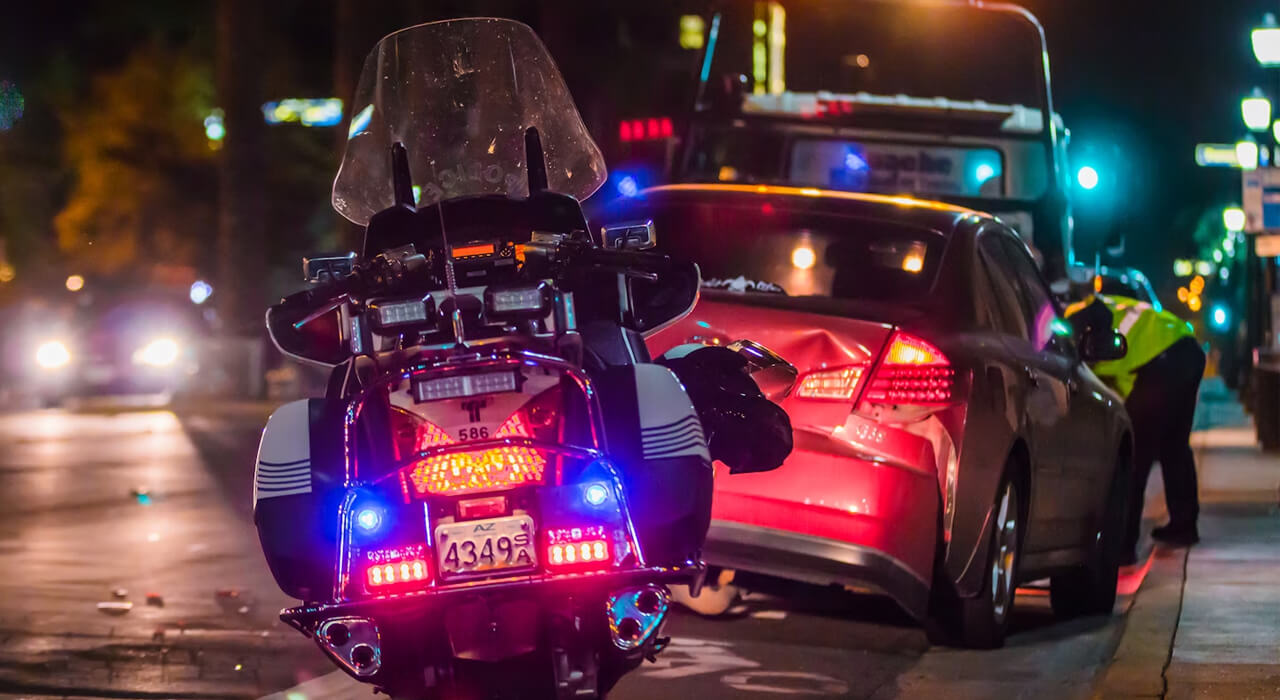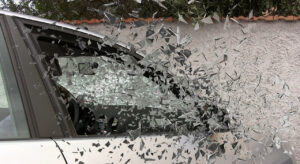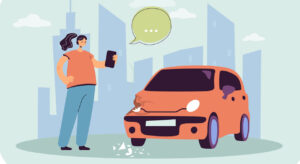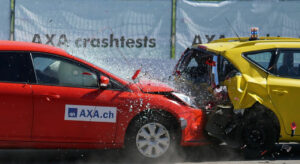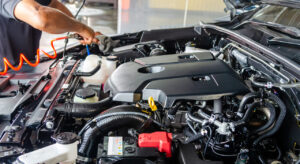A crucial stage in bringing a car accident claim is gathering evidence. In these situations, establishing liability and estimating the magnitude of damages are both based on evidence. It is crucial to understand what can be presented as evidence to ensure that a claim is successful.
Money is the last thing you would want to think about, especially if you’ve lost lives after an accident. In this post, we’ll be your tour guides as we explore the various forms of evidence that can support or refute your car accident claim.
According to the Sacramento car accident attorneys at Rosenthal Law Firm, there are different types of proof that could help your car accident claim
Police Reports:
In car accident cases, police records are an essential part of evidence. They diligently record all the details, including the time, location, and precise account of the incident. This piece of paper is the foundation of your case. After an accident, you must get a copy of the police report to use as evidence in court.
Photographs and Videos: The Visual Evidence:
In today’s world, everyone’s got a camera in their pocket. Snap! Take pictures record videos – it’s like leaving a trail of breadcrumbs. These visuals show the scene’s setup, from vehicle positions to the road conditions. Plus, they give a close-up of any injuries if you’re unfortunate enough to have them.
Suggestion: 9 Affordable Best Large Sedans To Buy In 2024
Medical Records and Bills: Your Health Ledger
Your medical bills and records are the journal of your health journey if you are still recovering from accident-related illnesses. They serve as your medical justification, tying your injuries to the incident and calculating the expense of your care. Keep all documentation relating to your health journey.
Vehicle Damage Estimates: The Price Tag
How badly did your ride take a hit? Get estimates for fixing or replacing your vehicle – it’s like the price tag on the damage you endured. Photos of the wreckage add a visual punch to this evidence.
Expert Testimony: The Pros Weigh In
Sometimes, you’ll need the big guns. Expert witnesses, like accident reconstruction experts and medical specialists, can offer their professional insights. They’re like the experts called in to unravel the case’s complexities and add depth to your arguments.
Communications and Correspondence:
Every good detective knows the value of keeping records. Save emails, text messages, and letters from the insurance companies, the other driver, or your healthcare providers. These documents trace the journey of your claim and any admissions of fault – they’re your secret files.
Traffic Violation Reports:
If the other driver was slapped with a traffic citation or any violations related to the accident, these reports could be your smoking gun in proving negligence. It’s like catching them red-handed.
Also Check: 9 Most Affordable V6 Twin Turbo Cars To Buy In 2024
Driving Records: Past Offenses:
Want to know if anyone has a history of reckless driving? Request the driving records of all parties involved in the accident. It’s a bit like digging up someone’s criminal record in a detective story – it might reveal a pattern.
Weather and Road Conditions: The Environmental Factors:
If you are an at-fault driver, collect proof to support your claim if the weather or the road conditions caused the accident. Weather reports, road maintenance records, and photos of the conditions at the time can serve as your ace in the hole.
In conclusion, proof is your greatest ally when it comes to creating a compelling car accident claim. Each piece of proof, from the initial police reports to the priceless testimony of expert witnesses, is essential.
Never undervalue the ability of photos and films to capture the truth, and never discount the significance of your medical bills and records, which describe your healing process. Keep in mind that communication logs and traffic ticket reports can be crucial in identifying irresponsibility, while driving histories may reveal recurring patterns of behavior.
Additionally, climate predictions and documentation of the state of the roads can come in useful when environmental elements were involved.

